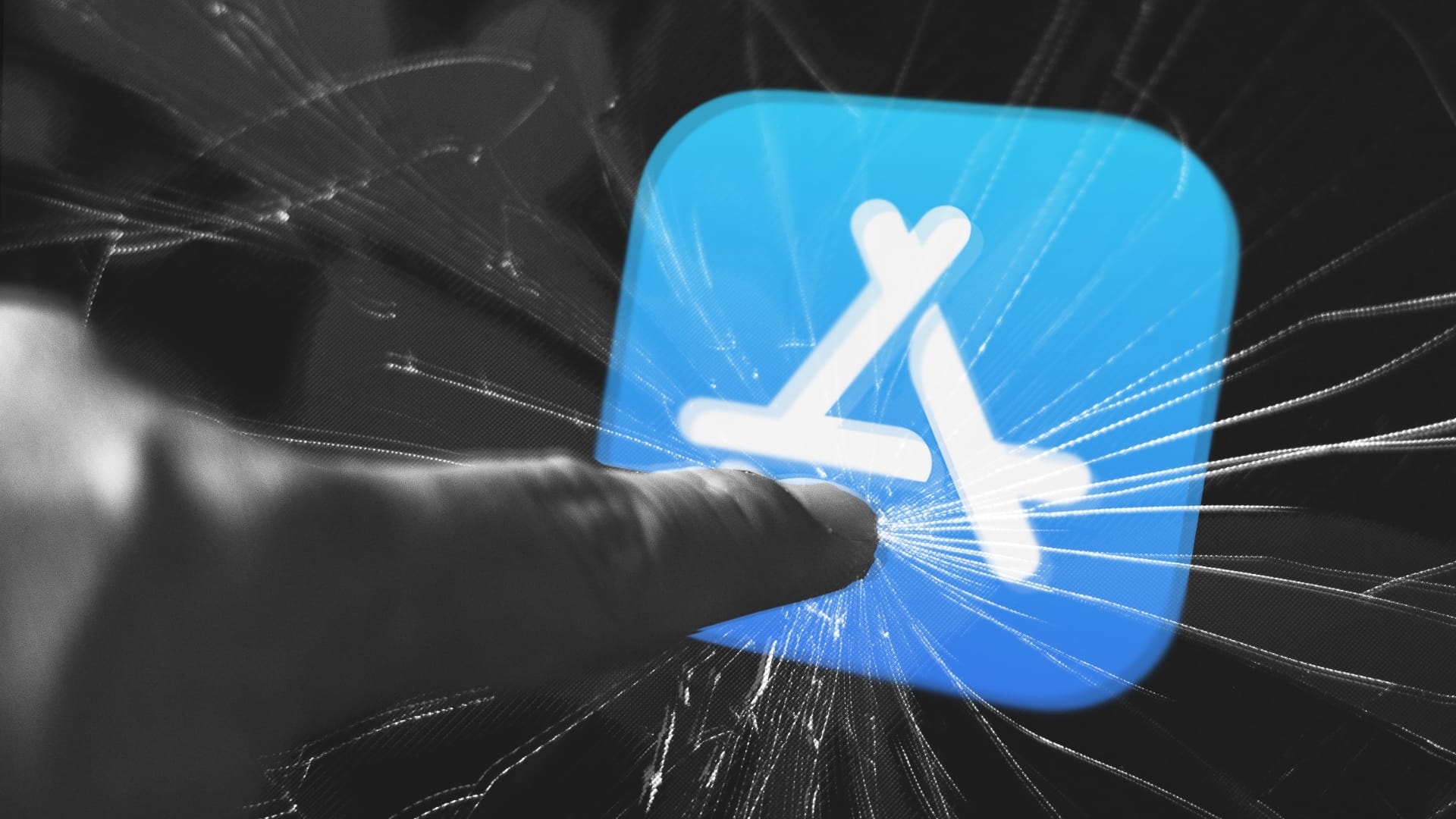Understanding the implications of Judge Gonzalez Rogers ruling against US Apple App Store
This is a developing story and we will be making edits if any new information comes to light.
If you or your company has an App in the US Apple App Store then this ruling by Judge Gonzalez Rogers in the Epic v. Apple case, just fundamentally and immediately affected how you can charge for digital payments.
Key Takeaways
- If there is a digital purchase that is being offered in an App, Apple normally takes a 30% commission on that purchase. Developers can now choose to create a button that links out to the browser to complete a purchase instead. This would effectively avoid the 30% commission and instead replace it with a 3-4% credit card commission at the expense of increased user friction.
- This ruling affects Apps in the US Apple App Store only. This means that any changes made to purchase journeys will have to be restricted to the US region. This will require developers to make many “If in US then do this” changes to their code base, test and resubmit to the App Store. Failing to make them correctly will get the app rejected. Expect Apple to be very stringent on this.
- The order is effective immediately but it will take time to get an app approved, as Apple’s review team will likely be inundated with submissions.
- Apple currently throws up a popup that warns users about exiting to external purchases. They now have to change the language to be much less scary to users. I expect Apple to drag their heels here, and it will probably require users to have the latest iOS update installed to see changes.
- Developers are now able to add tracking data, to external links from the app. This means that preferences, login IDs, tracking data and more can be encoded into the outbound link. Companies will be able to connect user data inside their app now to user data on their own websites or other apps.
Key actions for you right now
If you have an App in the US Apple App Store that is making significant revenue through IAP (Digital In-App purchase payments, like subscriptions) you should immediately review:
- VALUE: The increase in revenue you could generate by moving your purchase externally.
- You're leaving money on the table and risk a longer wait for approval as others rush to submit their changes to apple. Watch out for any changes you make being slow walked by Apple, but starting early will help.
- EFFORT: The amount of code that your developers will need to make to the App to provide an alternative US only purchase journey.
- In short, is the juice worth the squeeze?
- EASE: Whether you have the capability to stand up an external payment system land link yourself or will need to use a 3rd party.
- Companies like Stripe, will no doubt offer a solution and I expect there will be many ‘boxed’ solutions that will spring up in the next few weeks to capitalise on the development.
Examples of how Apps might take advantage of the ruling
- Amazon Kindle: Could allow you to be able to purchase books and comics directly inside the Kindle app.
- Netflix: Could provide pay-per-view live events inside the app
- Games: Could offer coin bundles at a 25% discount if purchased externally.
- Epic Games: Fortnight will probably offer V-bucks purchase externally at a 30% or greater reduction and will return to the US App Store.
For the Legal Minds: Read the full ruling on the CourtListener.com
For a simpler overview: visit TheVerge.com
Here is the TL:DR Ruling excerpt to save you time:
PERMANENTLY RESTRAINS AND ENJOINS Apple Inc. and its officers, agents, servants, employees, and any person in active concert or participation with them, from:
- Imposing any commission or any fee on purchases that consumers make outside an app, and as a consequence thereof, no reason exists to audit, monitor, track or require developers to report purchases or any other activity that consumers make outside an app.
- Restricting or conditioning developers' style, language, formatting, quantity, flow or placement of links for purchases outside an app.
- Prohibiting or limiting the use of buttons or other calls to action, or otherwise conditioning the content, style, language, formatting, flow or placement of these devices for purchases outside an app.
- Excluding certain categories of apps and developers from obtaining link access;
- Interfering with consumers' choice to proceed in or out of an app by using anything other than a neutral message apprising users that they are going to a third-party site;
- Restricting a developer's use of dynamic links that bring consumers to a specific product page in a logged-in state rather than to a statically defined page, including restricting apps from passing on product details, user details or other information that refers to the user intending to make a purchase.
As mentioned this is a developing story so we expect more coverage on this as the ruling shakes out and the implications for App developers.
By Chris Harris - He is a Founder Member at Collectively Better, he is an award winning developer of apps for the Apple App Store. He specialises in design and strategy.

